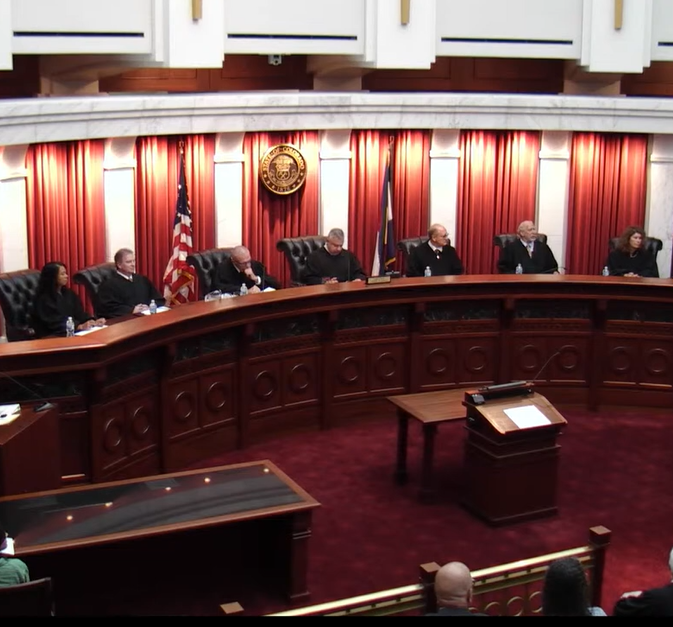
There’s been some news of interest to private investigators related to the Colorado Open Records Act in June. Governor Polis signed a total of 437 bills from the 2023 legislative session. Among them is SB23-286, which provides updated rules related to CORA requests, a frequent activity of private investigators.
As a follow up to an earlier post on our private investigator’s blog, Polis signed SB23-286 June 6th. Sponsored by Senator Chris Hansen, Representative Marc Snyder and Representative Matt Soper, the bill updates Colorado’s open records laws.
Changes along the way
Several revisions occurred before the Governor’s signing. You can see those final updates here. One one issue not addressed as the bill advanced through the legislature is the rising costs of obtaining public records. But at least it’s a little easier to pay. Records custodians must accept credit cards/electronic payments if they are already letting the public pay for other services that way.
Simplified processes for obtaining records
Other requirements were updated. For instance, records requestors no longer need to show a driver’s license or another form of identification. The exception is confidential records under C.R.S. § 24-72-204(3.5) or available only to a “person in interest.”
Custodians must transmit records by email or “or another mutually-agreed-upon transmission method” if a file is too big. And records custodians can’t convert a digital public record into a non-searchable format before transmission. The Colorado Freedom of Information Commission (CFOIC) has a great overview article describing what SB-286 does and does not do.
One interesting tidbit: SB23-286 now allows the public to see records of sexual harassment complaints against elected officials “if the investigation concludes that the elected official is culpable.” (They will redact Identities of accusers, victims and witnesses.)
And now, there’s another lawsuit about access to records about the certification and training of law enforcement officers in Colorado. A 2021 case involving The Gazette, of Colorado Springs and the Invisible Institute, a Chicago-based nonprofit newsroom possibly heads to the Colorado Supreme Court. They sued the director of the Colorado Peace Officer Standards and Training (POST) board to gain access to a database containing records about the certification and training of law enforcement officers in Colorado. District courts and the Colorado Court of Appeals both sided with POST. The courts agree, saying the Colorado Criminal Justice Records Act governs POST.
The plaintiffs filed a petition for writ of certiorari asking the Colorado Supreme Court to review the case. Rachael Johnson, RCFP’s Local Legal Initiative attorney for Colorado, says the case is an important one. She says the case could have far-reaching consequences in an interview published by the Reporter’s Committee for Freedom of the Press .
“We think that the improper designation of the POST Board as a “criminal justice agency” carries broader implications to public records access across the state. Unfortunately, the appeals court’s opinion means that any agency that collects background check information or reviews the arrest or criminal records of one of its professionals to revoke his/her license falls under the definition of a criminal justice agency. For example, if the state Pharmacy Board should review a pharmacist’s guilty plea to a crime, the Pharmacy Board is a “criminal justice agency” and that record, or any others from the agency, would potentially not be disclosed to the public. And members of the public have a right to know if their pharmacist has been disciplined for criminal offenses,” she says in the article.
This could make it more difficult for Colorado private investigators to get the information they need in civil litigation cases. We’ll be sure to post a follow up if the Colorado Supreme Court agrees to review this case.
One response to “Colorado open records act highlights from June”
-
Thank you for keeping us up to date Nancy.
Leave a Reply